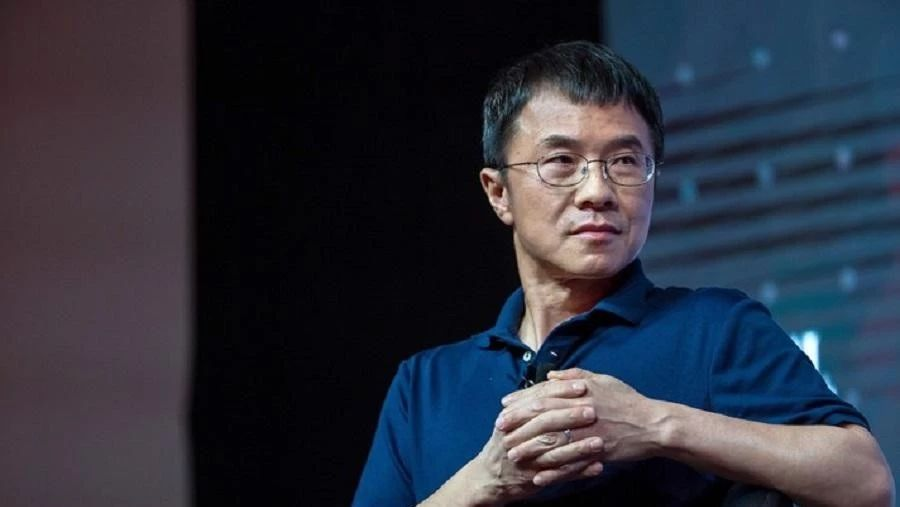The news was sudden. Baidu founder, Chairman and CEO, Robin Li, just sent an email to announce that from July this year, Qi Lu will no longer serve as the President and COO of the Baidu group. However, he will remain as Vice Chairman of the group.
Who is Qi Lu?
On January 17, 2017, Baidu announced that Qi Lu, former Microsoft Global Executive Vice President, joined Baidu as President and COO of the Baidu group. He was mainly responsible for Baidu’s products, technology, sales, and market operations, covering almost all of Baidu’s businesses, and reported directly to Robin Li.
Regarding Qi Lu, there are a few evaluations:
Satya Nadella, CEO of Microsoft at that time: “Qi Lu possesses deep technical expertise, outstanding leadership, and broad business knowledge. He is one of the most respected technical experts in this industry.”
The founder of a new car company: “Under Qi Lu’s leadership, the path of AI is clear: speech recognition and autonomous driving, and there is also the killer app of highly accurate positioning maps. I’ve interacted with several former Baidu executives and felt that their diligence has significantly improved, decision-making speed is very fast, and they all expressed great respect for Qi Lu in private.”
Finally, Robin Li himself: “Qi Lu has received unanimous praise from top to bottom at Baidu. Everyone likes him. He has strong technical abilities and management skills, and he works tirelessly.”
To sum it up in the words of a factory manager: “Everyone at Baidu, both inside and outside the company, speaks highly of Qi Lu.“
Qi Lu at Baidu
Let’s talk about Qi Lu at Baidu from the perspective of autonomous driving.
As early as during his time at Microsoft, Qi Lu had a famous saying: “Always maintain a fighting stance.”
Now let’s talk about the internal situation.
Qi Lu joined Baidu on January 17, 2017. On March 1st of the same year, Baidu announced through internal email that it was integrating the L4 autonomous driving business unit, the L3 intelligent vehicle business unit, and the Car Life business of the Vehicle networking division to create the Intelligent Driving Group (IDG). Qi Lu personally served as the IDG General Manager.
Before Qi Lu, the L4 business unit was led by former Baidu SVP Wang Jin, and the L3 business unit was led by Baidu Search Company President Zhang Yaqin. In addition, Baidu also had the Car Life business. With two executives leading their respective teams, communication was poor and competition for whole-vehicle manufacturer resources was often seen. Baidu employees said: “Other companies also have internal competition, but it’s not like Baidu – when negotiating cooperation with car manufacturers, they would defame each other.”This cutthroat competition can hardly be disguised as the so-called horse racing mechanism (i.e., forming multiple teams to stimulate the potential of the teams). So, within half a month of taking office, Lu Qi reorganized the Baidu self-driving car division to stop losses in time and achieve outstanding results.
Lu Qi’s milestone contribution is the launch of the Baidu Apollo ecosystem plan.
On April 20th of last year, Lu Qi made a low-key appearance in a small meeting room at the Shanghai Auto Show and announced that Baidu IDG officially launched the Apollo plan, opening up the Baidu self-driving vehicle platform to partners.
The Apollo platform includes a complete set of software, hardware and service systems, including vehicles, hardware, software platforms, and cloud data services. Baidu will open the code or ability of environmental perception, path planning, vehicle control, and onboard operating systems, and provide complete development and testing tools. Here’s a chart to give you an idea:
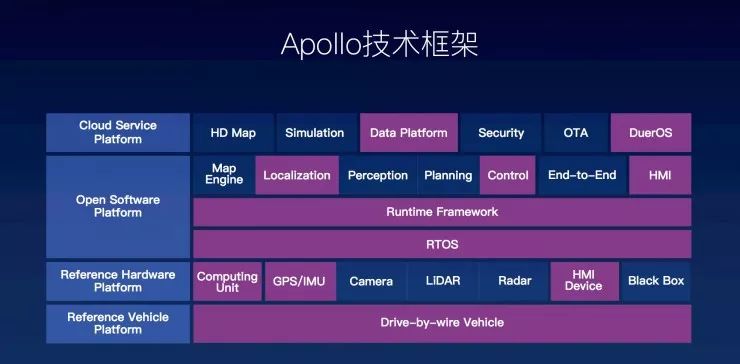
Apollo 1.0 was released on July 15th of last year, Apollo 1.5 was released on September 20th, Apollo 2.0 was released on January 9th of this year, and Apollo 2.5 was released on April 19th. Versions are updated every two to three months. The rhythm is steady and informative (the update content is more focused on technology and will not be expanded here), and the fact that more and more institutions of various types are joining Apollo also speaks volumes.
Here are some of Apollo’s partners (including universities, research institutions, car manufacturers, local governments, parts suppliers, startups, travel platforms, internet giants, high-precision map creators…):
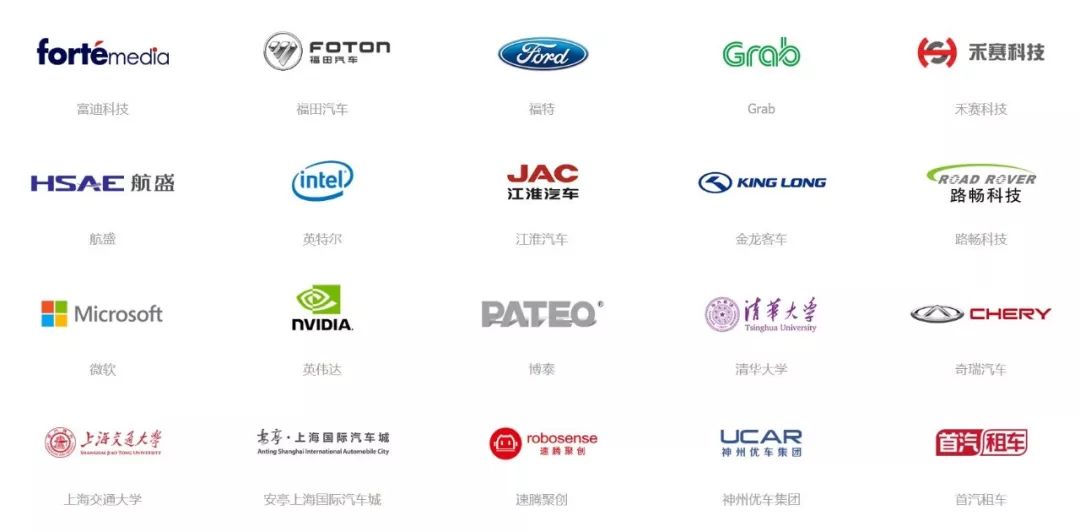
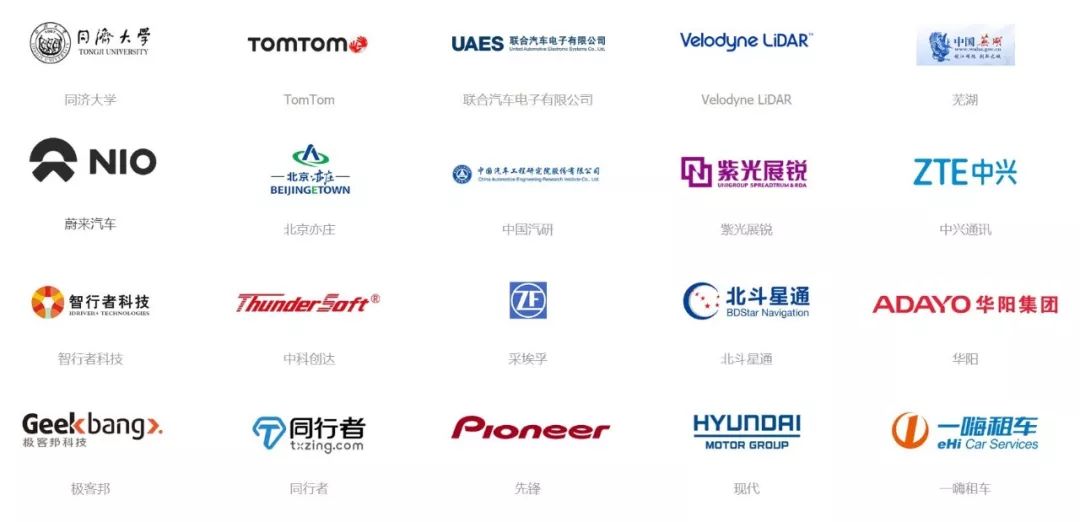
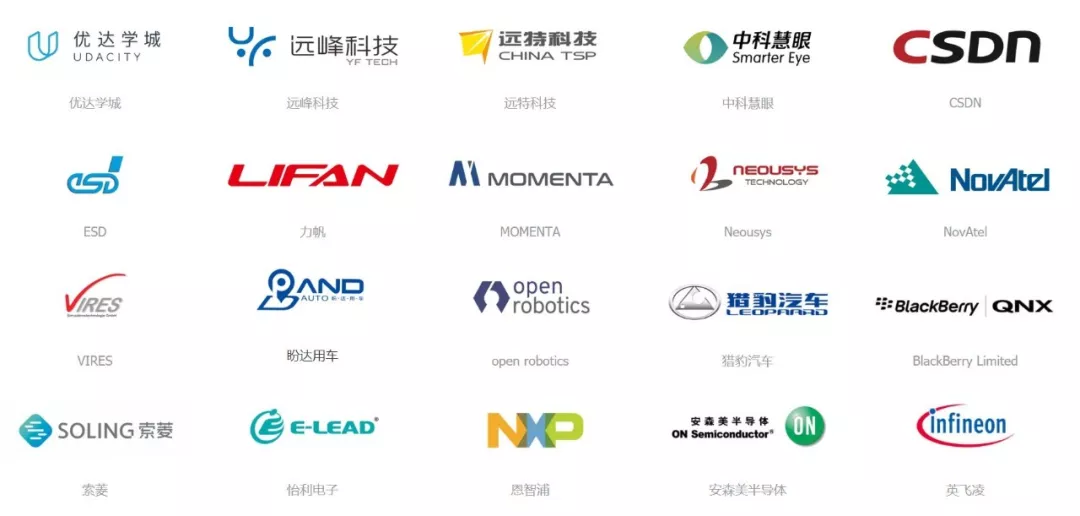
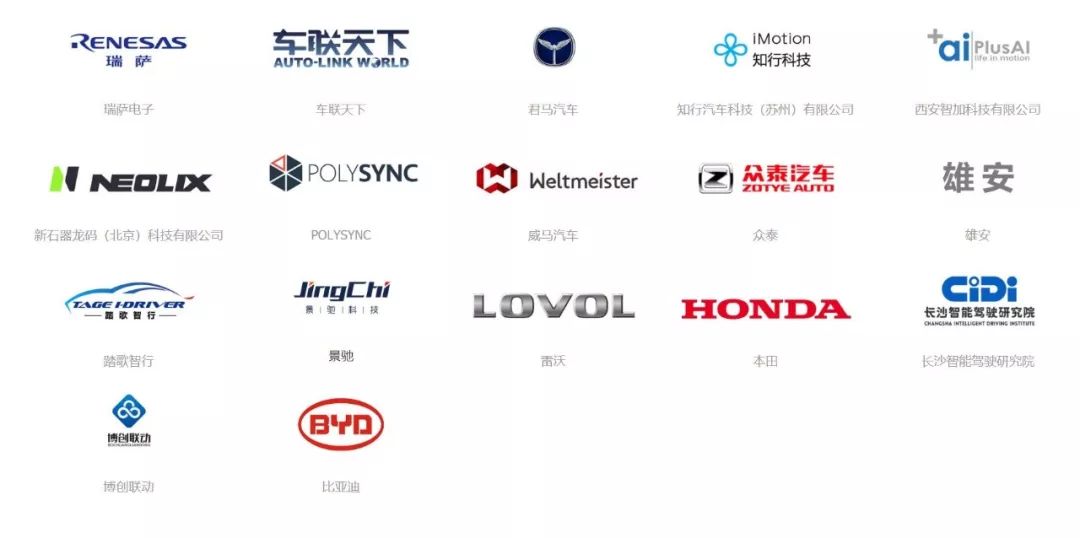 Talking about the market.
Talking about the market.
The potential disruptive impact of autonomous driving technology on the transportation industry is well known, as even the most radical players like Tesla and the most conservative ones like Toyota have reached a consensus that autonomous driving must be pursued, or risk being left behind. However, the problem with autonomous driving technology lies in the length of its supply chain. Building a production-ready autonomous vehicle requires commercialized sensors and autonomous driving chips, mature technology trained on long-term road testing data, and robust management and manufacturing capabilities across the automotive supply chain. In other words, for a demanding and highly-complex field like autonomous driving, the probability of success could be greater if efforts are coordinated collaboratively rather than fighting alone.
Regarding the Chinese market, according to Robin Li, “There are over 250 OEMs in China, but none of them have the complete capability to conduct deep research on autonomous driving.”
Due to historical reasons, many of the locally-owned Chinese auto brands have struggled in their attempts to catch up with foreign auto giants due to their lack of sufficient technical reserves. Faced with such a large technological change, most of them are strongly inclined to take the path of dividing up work and collaborating to write off the initial investment. That is why Robin Li announced the Apollo Project during the Shanghai International Automobile Industry Exhibition on April 19th, and by the time Baidu’s AI Developers’ Conference was held on July 15th, 13 domestic OEMs including Chery, BAIC, Great Wall Motors, FAW, and Dongfeng had already joined the Apollo ecosystem. Therefore, whether or not domestic OEMs buy the Apollo concept is not an issue for Baidu.
Dismissing the argument that “car companies occupy a seat just to observe,” the car manufacturers that have reached an agreement with Baidu to achieve a specific production node include Golden Dragon Bus Company, Chery, and BAIC (please comment if there is omission). Among the new carmakers, NIO, Chehejia, and WM Motor are all special guests of the Apollo program.
Finally, talking about competitors.
Until now, my opinion remains unchanged: there is no domestic company in China that has the ability to compete with Baidu IDG.
It is already an open secret that Alibaba is secretly deploying in the autonomous driving field, with Alibaba’s Chief Scientist, Wang Gang leading the team. Tencent’s autonomous driving laboratory just obtained the only autonomous driving road test license issued by the Shenzhen Transportation Management Bureau. The team belongs to Tencent Maps platform, which is under the Mobile Internet Group (MIG).
Insiders familiar with Baidu and Tencent believe that if they persist in their investment, Alibaba may also have a chance to share the benefits in the driverless vehicle field. Tencent’s strategy is not yet clear. However, Baidu’s first-mover advantage has become very significant, especially since the Apollo platform amplifies this advantage.Please carefully think about it. In the vast market of the Chinese automotive industry, Baidu IDG has almost entered without resistance. Unlike the fierce competition with Alibaba and Tencent in the past few years in the mobile distribution, takeaway, video, and even taxi markets, Baidu is completely dominant in the field of autonomous driving. Therefore, for local car companies with insufficient technical reserves, their problem is often not about how to choose, but that there is no choice at all.
If interested, you can also take a look at the global autonomous driving enterprise comprehensive power rankings released by foreign media organizations such as MIT, Bloomberg, and Navigant Research. Baidu is often the only Chinese company on the list.
Lu Qi’s Departure
Why did Lu Qi step down as Group President and COO, and instead remained as Group Vice Chairman?
Li Yanhong’s explanation in the email was “due to personal and family reasons, Qi cannot continue to work full-time in Beijing.” It’s very PR language, isn’t it? You don’t believe it, do you?
I remembered a letter from Tang Jun, the former president of Microsoft China and working emperor, to Lu Qi when he first joined Baidu:
I can now imagine the daily work and meeting scenes you are in at Baidu, which are very different from those at Yahoo and Microsoft. You may not be used to it, but you cannot change it.
You will also find that the people underneath are obedient, but it is difficult to push forward on the execution level, because they have already become accustomed to listening to that person’s instructions and attitude. At least in the short term, you should not expect to change them, and perhaps you cannot change them during your term of office.
At the beginning, you will feel helpless and even angry, but you need to gradually adapt, because you cannot change it.
In fact, Baidu IDG is just the tip of the iceberg of Baidu’s transformation under Lu Qi’s leadership. I think his summary is very accurate:
Baidu is currently in the midst of a comprehensive transformation towards AI, and this process has already achieved significant and critical results. At present, everything is developing rapidly in the best time.
Why did Lu Qi leave? I also want to know the answer.

 * Do You Really Think that Self-Driving Cars are Just Around the Corner?
* Do You Really Think that Self-Driving Cars are Just Around the Corner?

This article is a translation by ChatGPT of a Chinese report from 42HOW. If you have any questions about it, please email bd@42how.com.
